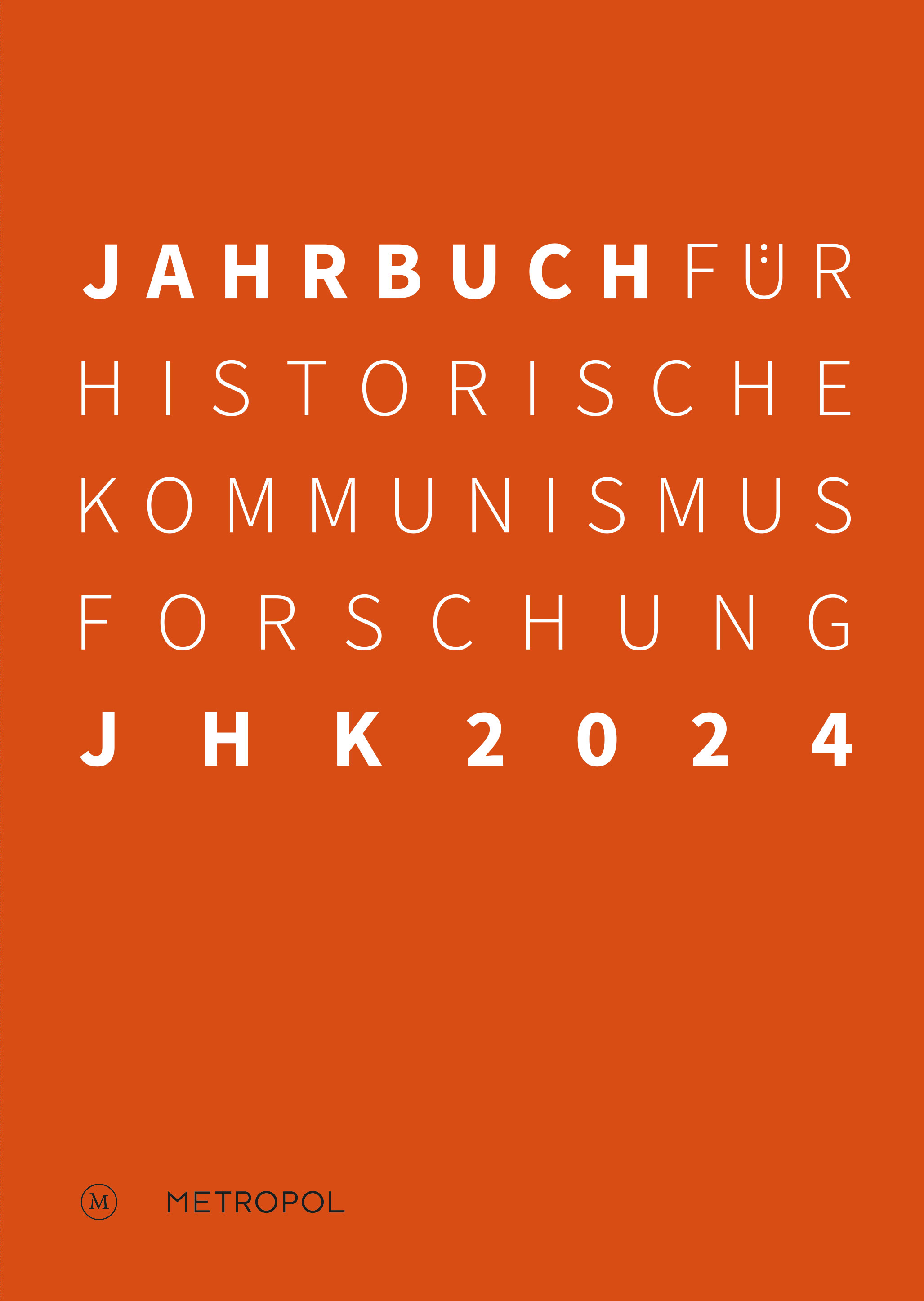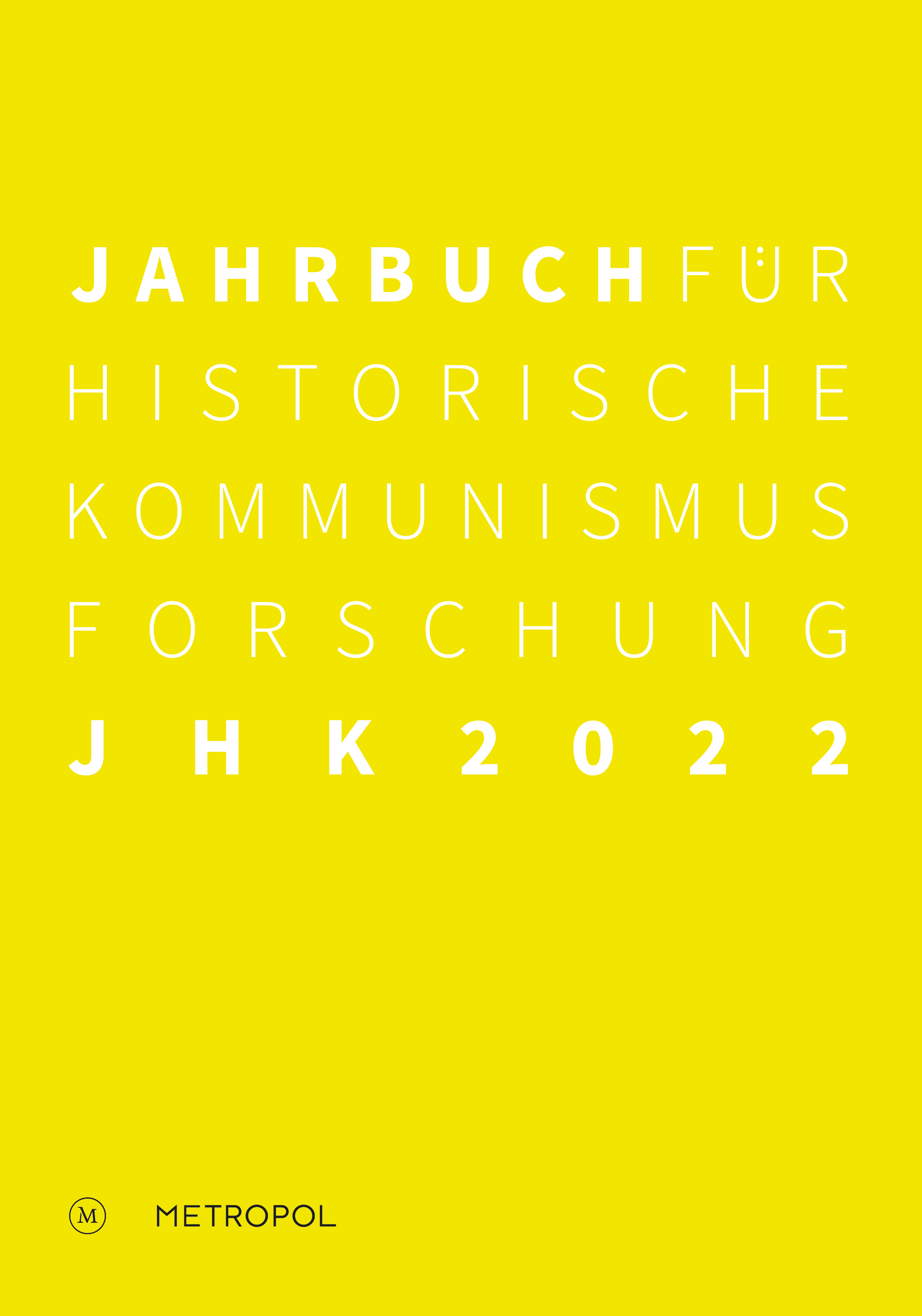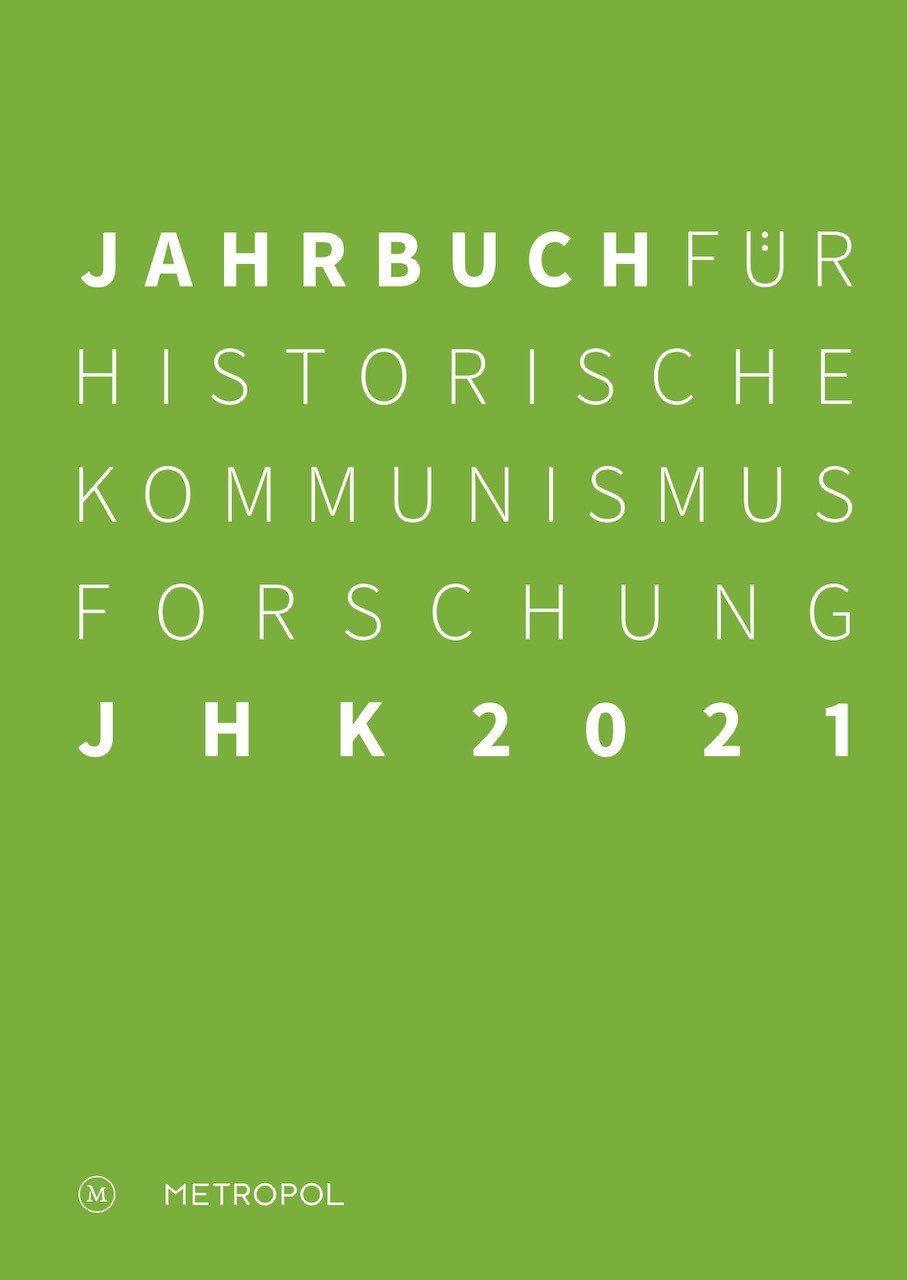Abstract
Rainer Huhle: »Transitional Justice« – Wege und Sonderwege, in: Jahrbuch für Historische Kommunismusforschung 2022. Berlin: Metropol Verlag, pp. 205–224.
This essay traces the origins of the transitional justice concept to 1990, stemming initially from Latin American experiences. North American foundations strove to make this model universal and to extend it to the transitions in ex-Communist countries in Eastern Europe. The essay discusses the misunderstandings between Eastern and Western participants in these conferences and emphasizes the different empirical approaches with the conceptual framework of Transitional Justice as developed by leading scholars and the United Nations. Real-world experience did not fully comply with the norms of transitional justice concepts. In Eastern Europe, for example, the main focus was on “lustration” and the disclosure of formerly sensitive archival materials, whereas other key elements like trials, truth commission, and large-scale reparations were not pursued. The essay explains why these choices were made.
Über den Autor
Rainer Huhle, Dr. phil., geb. 1946 in Regensburg. 1965 bis 1972 Studium der Politischen Wissenschaft, Anglistik und Romanistik, 1978 Promotion. 1982 bis 2010 Referent für politische Bildung bei der Stadt Nürnberg, seit 1989 mit dem Schwerpunkt Menschenrechtsbildung und historische Bildung. Dazwischen zahlreiche teils längerfristige berufliche Aufenthalte in Lateinamerika im Bereich Menschenrechtsschutz; 2011 bis 2019 Mitglied des UN-Ausschusses gegen das gewaltsame Verschwindenlassen. Seit 2015 Dozent im Masterprogramm der Universität Erlangen-Nürnberg für Transitional Justice. Zahlreiche Publikationen zu Menschenrechten, Erinnerungspolitik, Lateinamerika.



